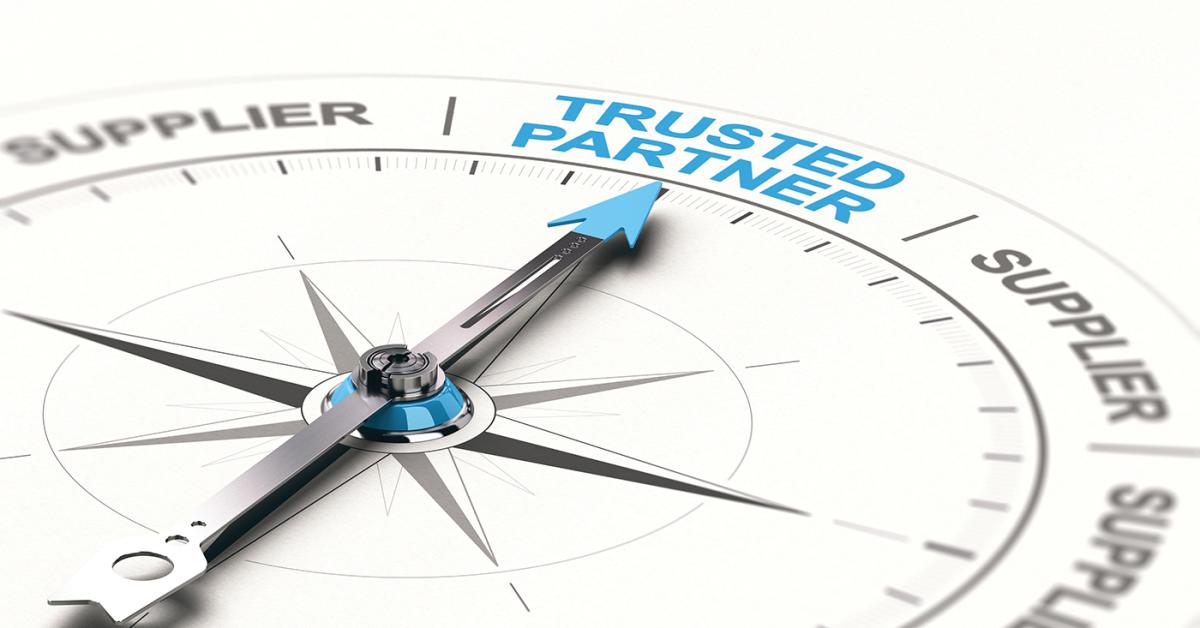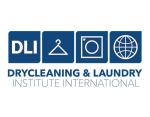CHICAGO — It’s been said that, when disaster strikes, you find out who your true friends are. The same can be said for the quality of business relationships — a fact Carlyn Parker has firsthand knowledge about.
“As I was growing up, I never appreciated why we stayed with the same vendors all the time,” says Parker, director of operations at Dependable Cleaners, based in the greater Boston area. “Then, in 2013, we had a fire. Our mother plant in Quincy that serviced eight stores burned, along with our laundromat and a dry store.”
During this time of crisis, Parker and her team had to figure out a way to get their remaining locations back up and running as quickly as possible. This is when she found the value of the relationships her company had built with its suppliers and equipment manufacturers.
“The fire happened on a Saturday,” she says. “On Sunday, Compassmax — which is now part of Xplor Spot — sent two red-eyed techs, who were at a show in California, to here to have us up and running by Monday at noon. AristoCraft, who was our main vendor for supplies, had a truckload of supplies to our other plants on Monday morning so we could keep the rest of the company running.”
The lesson Parker learned from this experience?
“That’s why you have a relationship with your vendor,” she says. “Because I have such a close relationship with our vendors, we’re able to talk through issues and they can help resolve problems. We work on that and try to think outside the box together. When you have that relationship, you actually get more out of your vendors, and your vendors get more out of you.”
Relationships vs. Transactions
Forging closer bonds in the supply chain can benefit everyone involved, says Fred Schwarzmann, CEO of A.L. Wilson Chemical Co.
“We win by having our interest aligned,” Schwarzmann says. “It’s not a zero-sum game. The distributor, the manufacturer and the customer all have a common interest, and that is to put out the best garment possible and to succeed in business so that we can continue to do business over time.”
Schwarzmann likens a simple transactional relationship to that of someone buying a used car — the type of experience that doesn’t work well in relationships between suppliers and dry cleaners.
“In a transactional relationship, I’m going to sell you a car one time, and then I’ll never see you again. If I burn you in the process, so be it. I win, you lose,” he says. “In our industry, it’s much more of a relational sale, where you want to cultivate a relationship, and where you’re working for a win-win-win relationship, where everyone is going to come out ahead over time.”
Schwarzmann says it’s “a win-win-win relationship” because there are multiple parties in relationship within the drycleaning industry.
“You’ve got tiers of people participating,” he says. “You’ve got the manufacturer, which is the tier I’m on, and we sell through a network of distributors, who are also engaged in satisfying the dry cleaner. And then, the dry cleaner ultimately needs to satisfy his customer. There are four tiers here of individuals who are engaged in each of these transactions, and whether they actively participated or not, it all impacts them. They’re all going to win or they’re not going to win together.”
Come back Tuesday for Part 2 of this series, where we’ll look at some of the lessons the pandemic taught, as well as red flags to look for when judging the health of the relationships between cleaners and suppliers.
Have a question or comment? E-mail our editor Dave Davis at [email protected].











